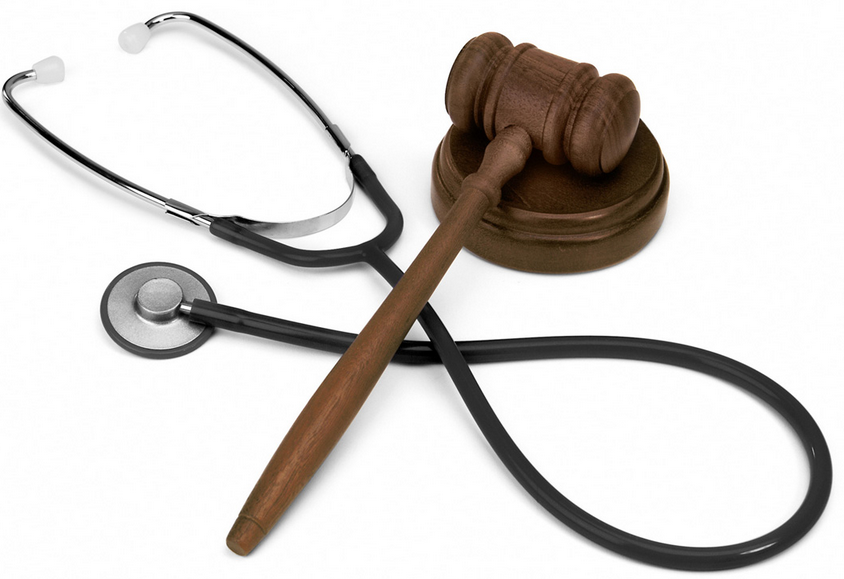Accident Prone? The Legal Effects Of Being Sued For Causing An Injury

Have you been in an accident that resulted in your being pursued legally for someone else’s injuries? The situation leading to the accident was surely stressful enough, and now the anxiety has been amped up by the legal repercussions. If you don’t know what to expect, it can be even more nerve-wracking. So, what exactly does happen if you’re the defendant in a personal injury suit?
Generally, the first step in addressing a lawsuit is to find counsel. Depending on where the accident occurred, homeowners, business, or car insurance may cover both finding and hiring a lawyer to defend your case. Working with them to address the claim should be your first priority, as they will usually be responsible for all of your legal fees. This includes the cost of defending the lawsuit, as well as any damages the plaintiff is entitled to through settlement or trial. If you’re not covered by insurance or you would simply prefer private counsel, researching and hiring a personal injury lawyer should come first. A lawyer like Robert H. Littlejohn will be able to give you the best advice on how to proceed with the case.

With legal counsel taken care of, you can begin looking into either settling out of court or going to trial. Insurance companies will typically try to settle within your policy limits before the plaintiff hires an attorney, sparing you lots of time, energy, and undue stress. In fact, if this occurs, you may never have to deal with the lawsuit directly. If a settlement can’t be reached by the time of trial, both parties will go to mediation, where they will hopefully come to an agreement. If not, the case goes to trial.
At trial, it will be up to the plaintiff to prove that you owed them a duty and somehow breached it, leading to their injury. There are many ways to defend against this, like addressing the plaintiff’s role in their injury, or proving there was an assumption of risk. In states that follow a contributory negligence law, if the plaintiff was even partially at fault, they are barred from receiving damages. In comparative negligence states, the plaintiff can still receive compensation even if they contributed to the accident, but the amount will be adjusted accordingly. This will be decided either by the judge or jury, depending on the type of trial. At the end of the trial, insurance will generally cover the cost of damages, unless the amount exceeds your policy limits. At that point, it will be up to you to cover the costs. There are usually no legal repercussions, unless a crime was committed that led to the accident– if this is the case, separate charges may be pressed by a prosecutor; these will not be handled during the personal injury suit.
While being sued for personal injury is taxing, overall, it is usually easy to handle. Insurance will most likely cover most of the expenses and take care of much of the process. Talking to a lawyer and knowing what to expect will do worlds of good for your state of mind.
